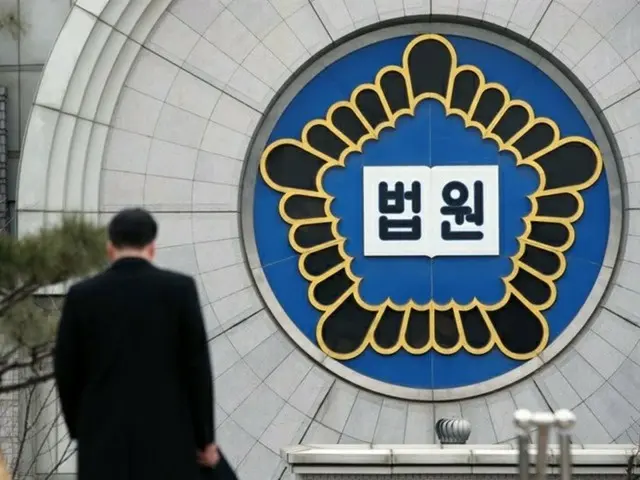recently granted a partial victory to the plaintiff in a lawsuit filed by Mr. A, a disabled person, against Seoul City and the Seoul Facilities Corporation. In addition to ordering Mr. A to allow the use of call taxis for people with disabilities, 300
He was ordered to pay compensation of 10,000 won (approximately 330,000 yen). The Seoul Facilities Corporation has been entrusted with the management and operation of call taxis for people with disabilities by the city of Seoul.
Mr. A is a disabled person whose overall disability is severe, but his lower limb dysfunction is not severe. In the 2021 disability assessment, walking disability was
It was said that there was. In 2020, Mr. A applied to the Seoul Facilities Corporation to use a call taxi for people with disabilities, but the application was rejected because he did not fall under the category of a vulnerable person defined by the Enforcement Regulations of the Act on Persons with Disabilities.
In response, Mr. A filed a lawsuit alleging that the Seoul Facilities Corporation arbitrarily interpreted the relevant regulations and denied his application for use, which was discrimination against people with disabilities.
The Seoul Facilities Corporation states that the enforcement regulations require ``persons with severe walking disabilities,'' and
They countered that since there are a limited number of call taxis for people with disabilities available, their use should be limited to people with severe walking disabilities. In addition, there is no precedent regarding the interpretation of the provision, and there is no case for intentional or negligent
He claimed that there was no. However, the court supported Mr. A's claim. The court stated that a "person with a walking disability" only needs to have a disability that affects walking, and that there are provisions that impose restrictions on usage depending on the severity.
I interpreted it as not. According to the enforcement regulations, people using special means of transportation must meet three conditions: people with walking disabilities, people with severe disabilities, and people who have difficulty using buses or subways.
The court stated, ``The point at issue is that the requirement is met as long as the disability is severe, no matter what part of the body it is.''
``Whether or not it is a walking disability is determined by the Ministry of Health and Welfare's public notice.The public notice does not distinguish between whether it is severe or not, and there is no basis for determining whether it is severe or not.'' In addition, “Prohibition of Discrimination against Persons with Disabilities”
"An act of refusing to provide legal administrative procedures and services." Furthermore, there are a variety of disabilities that cause walking difficulties, and it is not possible to limit the use of the service only to cases where the cause of the disability is severe.
He also pointed out that there was no. The court stated, ``The degree of difficulty in walking may vary depending on the location and type of disability,'' and ``Irrespective of the degree of difficulty in walking, disability may be determined by administrative convenience.''
This will lead to different types of victims and different provision of special transportation." He continued, ``The Act on Persons with Disadvantaged Transportation is a provision that guarantees freedom of movement.
"As such, we need to avoid excessively narrowing the range of users."
2024/02/12 06:29 KST
Copyrights(C) Herald wowkorea.jp 104

